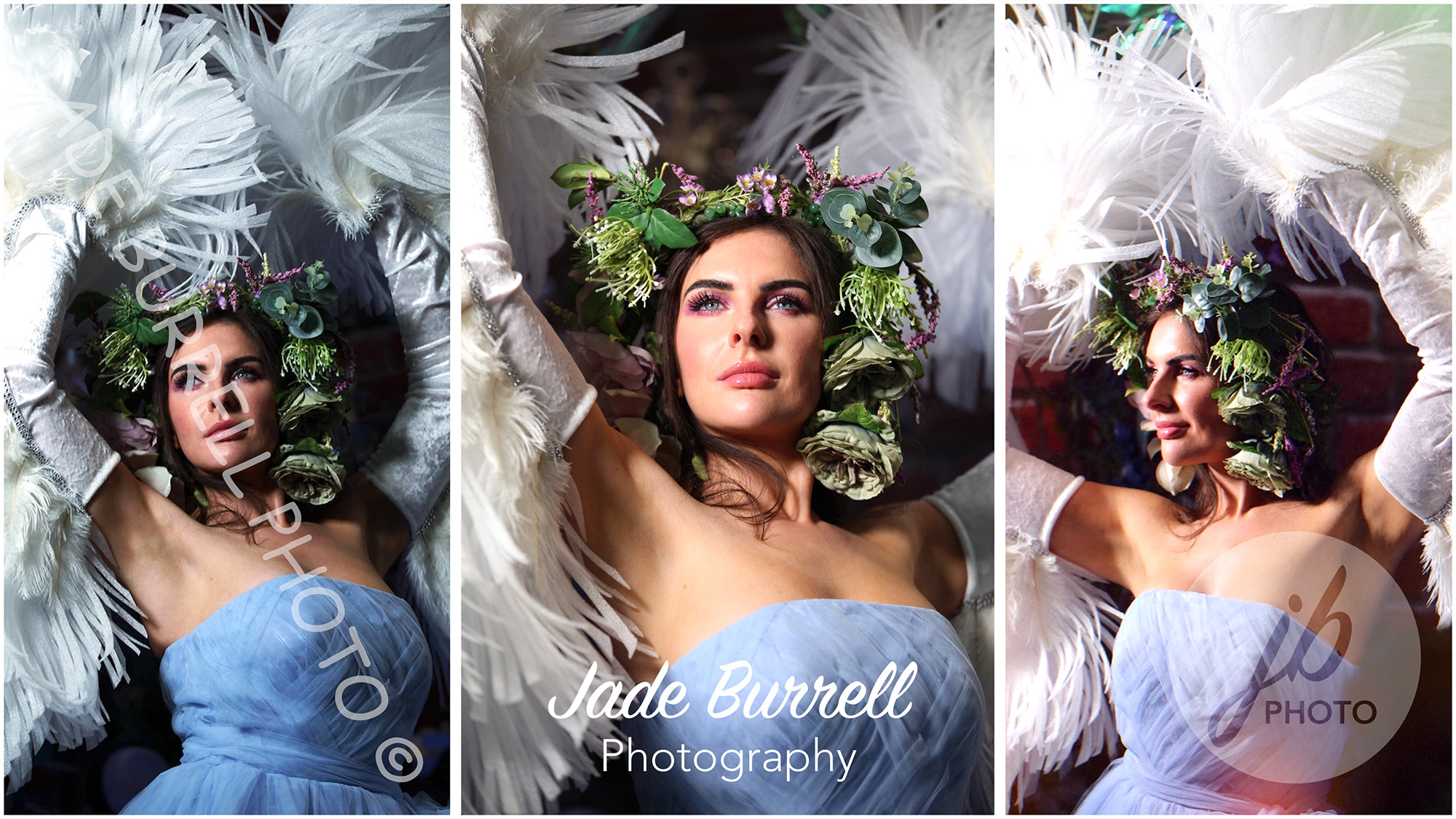
As Henri Cartier-Bresson famously said: “Your first 10,000 photographs are your worst.” It’s a quote we often cling to – part comfort, part challenge. It’s a reminder that photography is a journey, not an instant masterpiece. Your first attempt won’t be perfect. Neither will your second.
But here’s the thing: do you really want your photography brand forever associated with those early misfires?
I’ve seen it countless times: heavily pixelated photos, subjects barely in focus, so zoomed-in that the subject turns into a blur – slapped with a chunky watermark or followed by a confident photo credit.
And I get it. You’re proud. You want to protect your work. But five years down the line, will you still want your name attached to that fuzzy robin on the fence post? Do you want potential clients or other photographers to associate you with anything but your best work?
We need to talk about watermarks. Why do we use them? Protection? Credit? Visibility? It used to make sense. In the early days of digital photography, a subtle credit line could deter theft.
But these days, it’s incredibly easy to crop an image or scrub away even the most aggressive watermark with free tools. Entire websites exist to do just that. So if a determined thief wants your photo, they’ll take it – watermark or not.
Meanwhile, the photographers at the top of their game – Martin Parr, Annie Leibovitz, Alec Soth – they’re not watermarking their work. Not because they’re immune to theft, but because they trust in the strength of their portfolios and the professionalism of their audience. And maybe because they’re not clinging to every early shot like it’s gold dust.
If you must use a watermark, keep it small or even be creative with it – a hidden logo that looks like it’s part of the image is a lot harder for AI to remove. Or just rely on embedded metadata to prove ownership, because the only real way to prove a photo is yours is with the Raw file.
Let your images speak for themselves. And until you’ve shot those first 10,000 images, maybe keep the credit subtle. Your future self might thank you.
You might also like...
Interested in more opinionated ramblings? I think a crusty old DSLR is still the best cheap camera for serious photographers working within a tight budget. How about this? The Nikon Z8 brought back one of my favorite features from the D850. Or what about? 5 reasons why I'd buy a compact camera today, and 5 reasons why I wouldn't.







